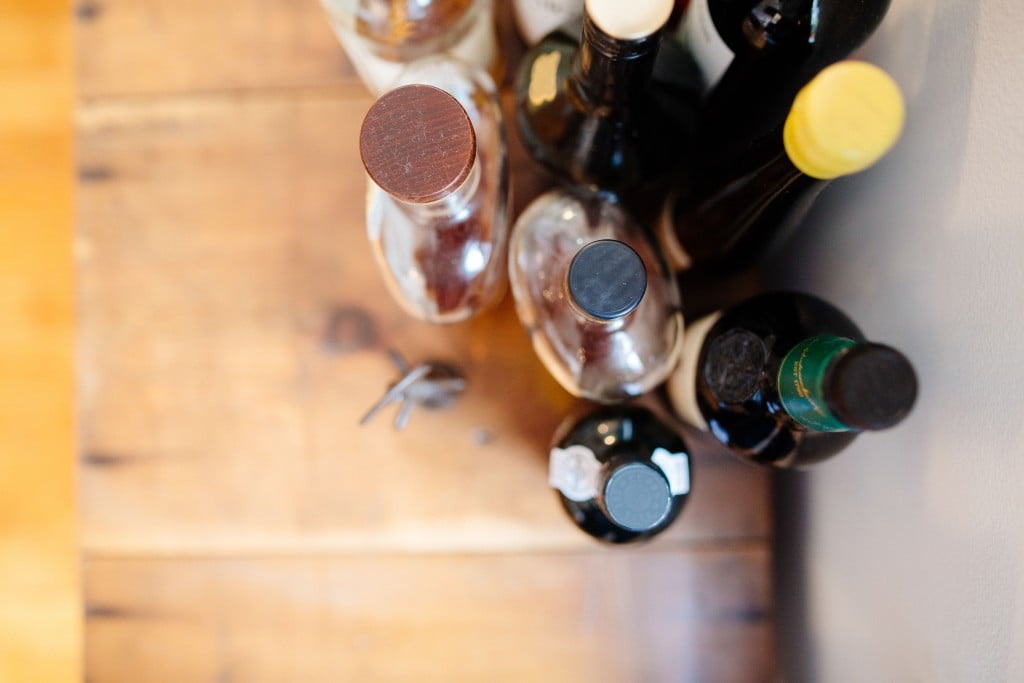Landmark Changes in Maryland: General Assembly Adds Stricter Penalties for and Highest Court Rules There Is Civil Liability for Parents Hosting Boozy Parties
The days of being the “cool parents” are coming to a quick halt. For many years, advocates and members of Maryland’s General Assembly have been working to combat underage drinking. In the last several months, significant changes have been made to Maryland law that will hopefully reduce this problem.
What is the change to the criminal law and what does it mean for you?
It was and has always been a crime to furnish alcohol to minors. However, this past legislative session, the General Assembly made some major overhauls to Maryland’s Criminal Code, including to §10-117 of the Criminal Law Article of Maryland Code Annotated (“CR §10-117”.) Along with not being able to provide alcohol to those under the age of 21, the addition to that section provides that parents can be criminally charged for providing alcohol to those underage if they knew or should have known that they would operate a motor vehicle after consuming alcohol.
The Bill that amended CR §10-117 was signed by Governor Hogan on May 19, 2016 and becomes effective October 1, 2016. Under it, an adult who violates the new provision is guilty of a misdemeanor, and upon conviction may be subject to imprisonment not exceeding one year, a fine of $5,000, or both.
What about civil liability?
There has been a longstanding problem of parents allowing teens to drink at social gatherings in their homes and then driving home intoxicated. Though Mothers Against Drunk Driving and other victim advocacy groups have worked for years towards a solution, it was difficult to place civil liability on those parents for death or serious bodily injury to third parties or to the teens driving home drunk.
However, on July 5, 2016, the Court of Appeals of Maryland, the highest court in Maryland, announced a landmark decision establishing the potential civil liability for parents who knowingly and willfully provide alcohol to underage drinkers at their home. When asked to apply traditional negligence standards in both Kiriakos v. Phillips and Dankos v. Stapf, the Court of Appeals opened the door to impose civil liability on negligent adults who permitted minors to drink in their home, knowing they were going to partake in risky behavior while intoxicated.
In the opinion written by Judge Sally Adkins, the Court explains that based on the public policy surrounding the recent addition to CR §10-117, there “exists a limited form of social host liability sounding in negligence.” This liability only exists, however, when the parent or adult knowingly and willfully provides alcohol to minors, as required by the criminal statute. Judge Adkins stated that holding the parents accountable was one of the main goals of the legislation. The statute was specifically intended to protect those underage from harm that could be caused as a result of their consumption of alcohol. There was a deep concern by legislators and advocates of the bill to prevent those underage from drinking alcohol and to prevent any harm or death to those who are consuming the alcohol, or harm or death to third parties. Similarly, the Court made a point that contributory negligence is not a defense in an action by a protected person against a social host defendant.
Parents who allow drinking in their home with teens, not only endanger their lives and those of others around them, but demonstrate to them that underage drinking is acceptable. For these reasons, the Court decided that parents who provide alcohol to teens at “boozy” parties and who know or have reason to know that these same teens will be driving home that evening should be held responsible for the harm caused by the drunk teen.
Civil liability? What does this mean?
If you are found civilly liable for knowingly and willingly furnishing alcohol to someone underage, you, as a parent or the adult, can be held financially liable for any damages caused by the drunk driver to a third party or to the driver themselves.
So, for example, if you allow teens to have a party at your house knowing that alcohol is being served and one of the party participants drives drunk after the party and harms themselves or someone else, you can be found guilty of negligence and be ordered to pay the family of each deceased or injured person considerable sums, frequently over $1 million in the wrongful death case.
What’s our advice?
In short, parents should not serve alcohol to those under the age of 21.
The legislature and others for many years have worked on reducing underage drinking. The change in CR §10-117 and the Court’s decision are important steps toward accomplishing this goal. Adults who provide alcohol to their teens and their friends should now think twice about this decision.
If you would like more information or have any questions, please contact Jud Lipowitz, Esq. or John Solter, Jr., Esq. at JLipowitz@azraelfranz.com or JSolter@azraelfranz.com, respectively. Both of them can also be reached by phone at 410-821-6800.

